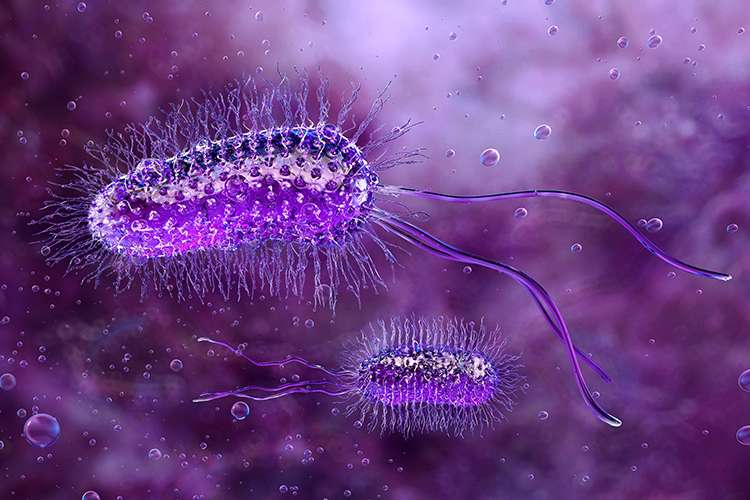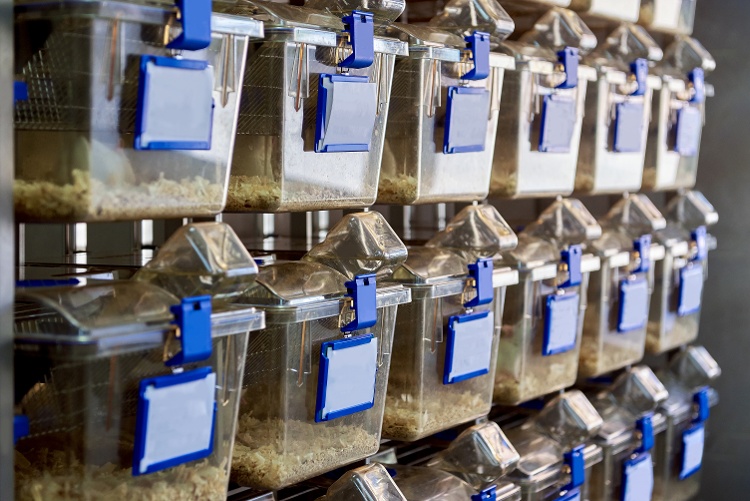

Enhancing Health Monitoring with Sentinel Free Filter Testing (SiFT)
A healthy rodent colony is vital to the scientific integrity of research results, emphasizing the importance of monitoring colonies for pathogens. However, reliably detecting pathogens can be...

The expanding reach of GLP-1 research and the role of the diet-induced obesity (DIO) model
Glucagon-like peptide-1 (GLP-1) agonists, such as semaglutide and liraglutide, are major anti-obesity and anti-diabetes therapeutics that have produced clinically meaningful metabolic benefits. While...

Advancing cancer immunotherapy research with rodent models
Immunotherapies have offered new hope to patients that haven’t responded to traditional cancer treatments. While many of these breakthroughs have improved survival rates and patient outcomes, ongoing...

Key considerations for non-human primate environmental enrichment
With animal welfare always a top priority at Inotiv, enrichment is considered part of a continuous improvement process that takes into account latest training, approaches, and methods to ensure...

The fine art of contract breeding
The quality of preclinical research is key to the successful translation of new drugs to the clinic. An important driver of this quality is a healthy, meticulously managed, and accurately...

4 tips to help secure research funding
Securing research funding is becoming increasingly difficult with the ever-growing competition across all disciplines worldwide vying for grant approval. For instance, the National Institutes of...

Rodents in research: Is 2020 the year of the lab rat?
Lab rats and mice have been used for decades to make great medical advances, from HIV antiretrovirals to the flu vaccine. But there’s always been an interesting debate about which is the more useful...

